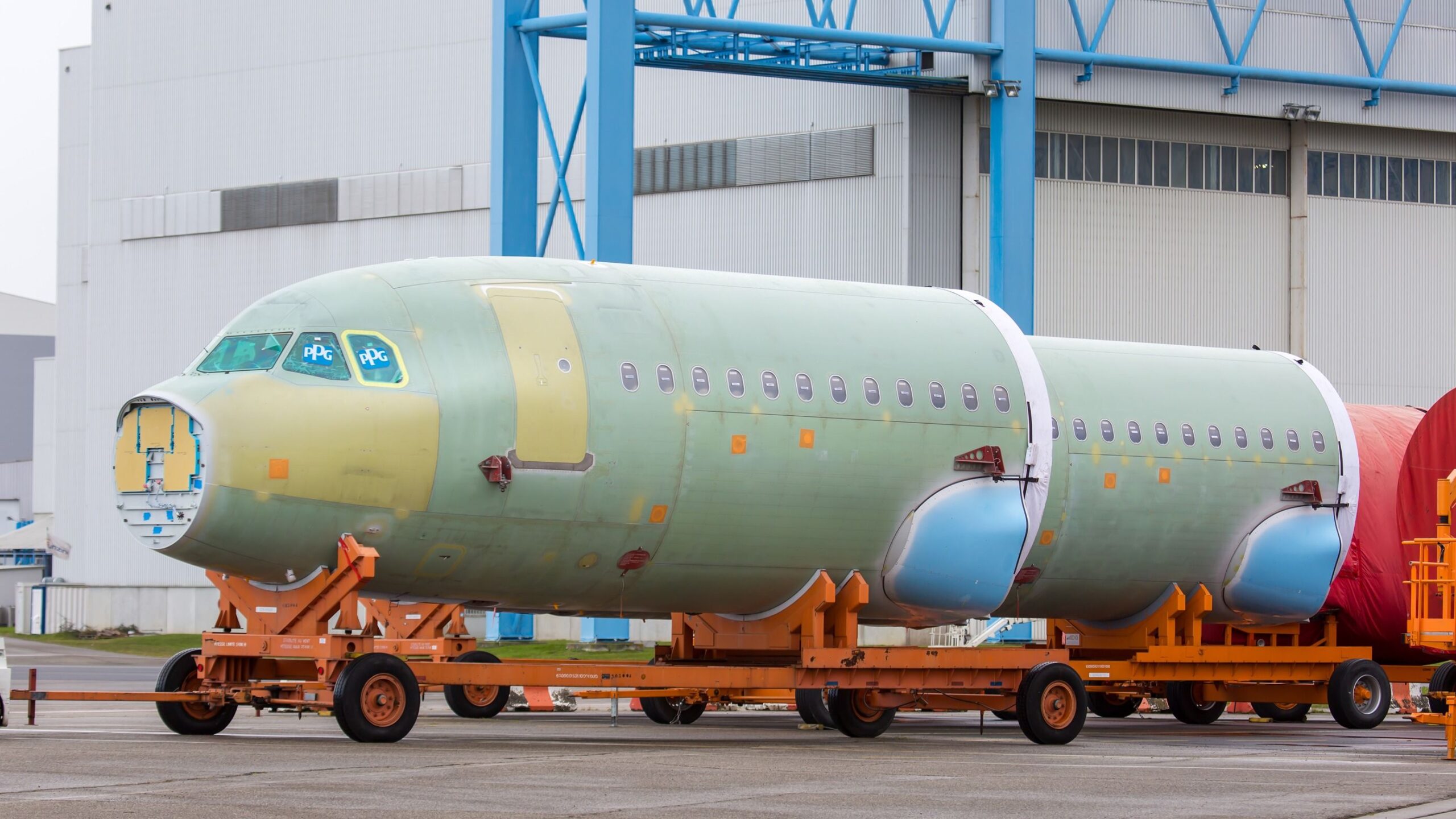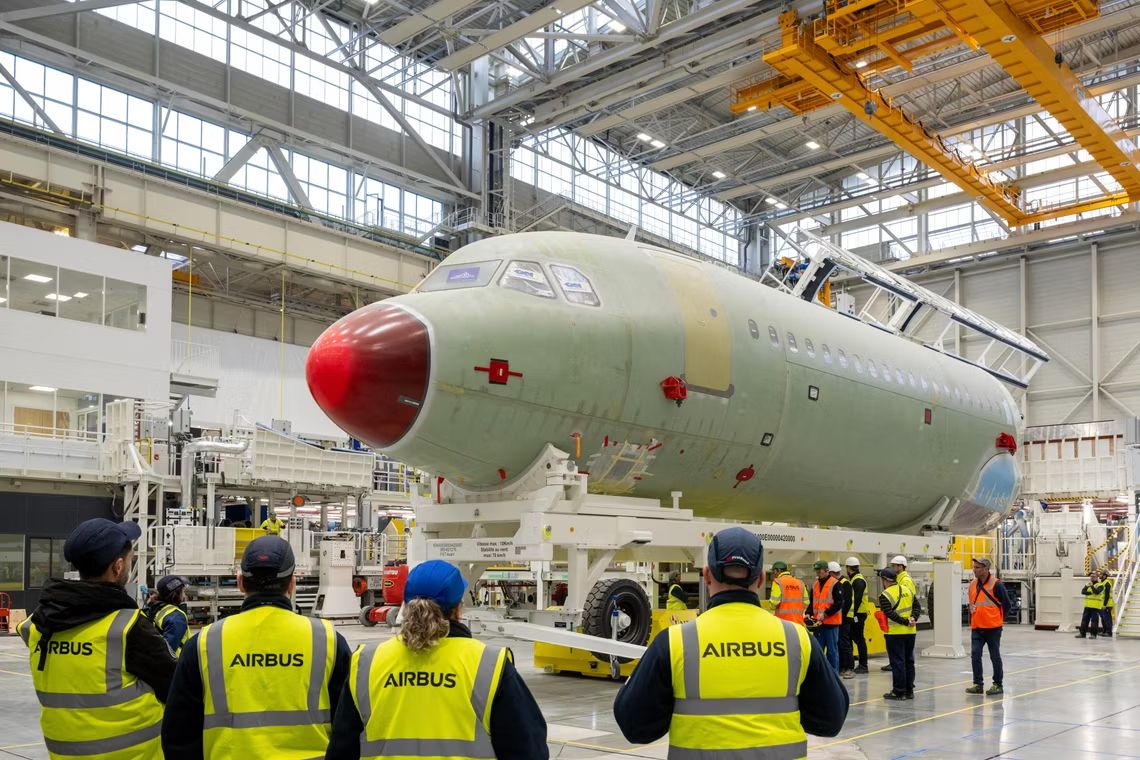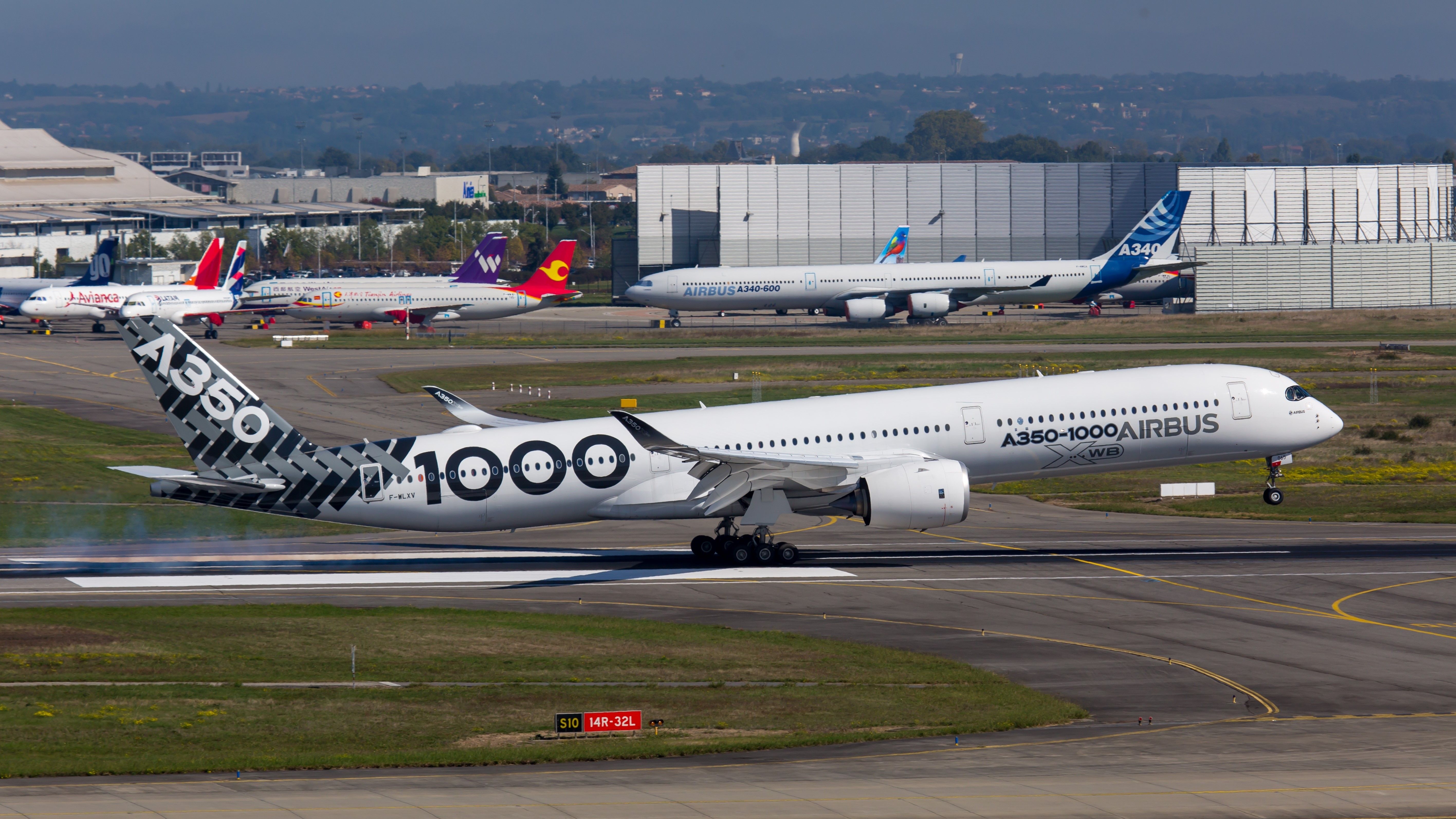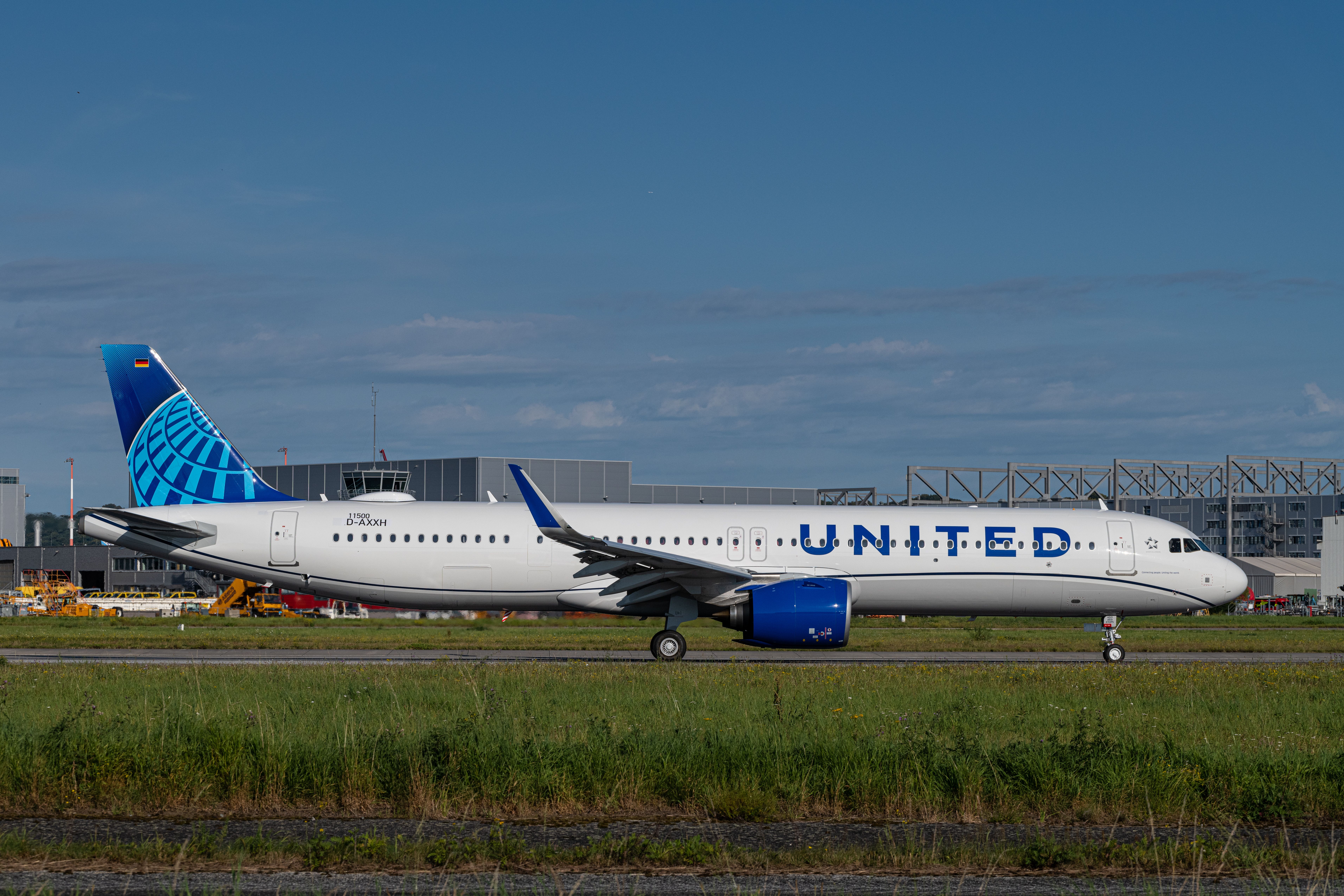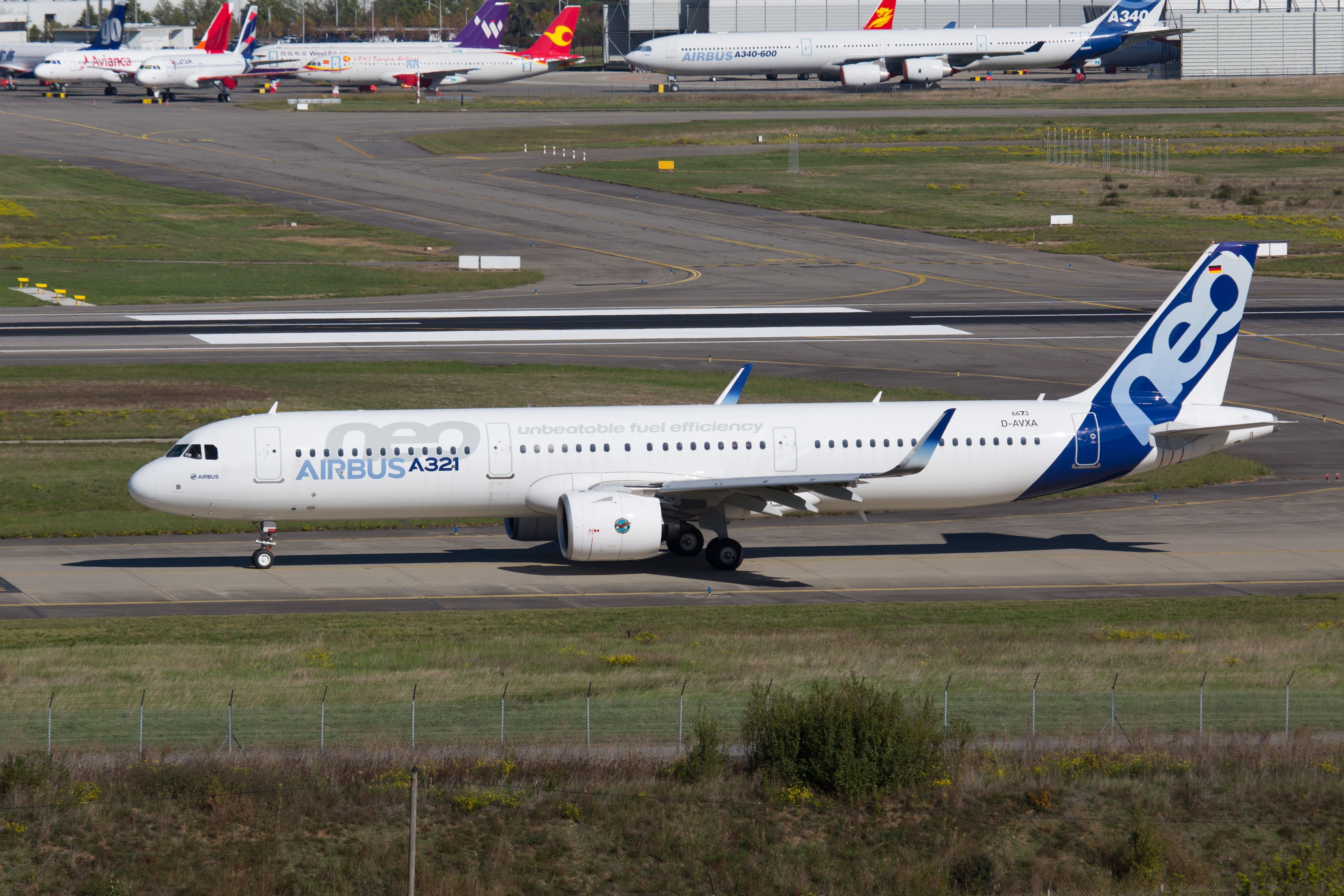Summary
- Airbus is facing supply chain and labor issues, hindering its ability to deliver aircraft on time.
- The company reitarated its commitment to deliver 800 aircraft in 2024.
- Similarly, its biggest competitor, Boeing, is also struggling to deliver aircraft in a timely manner.
Industry sources have indicated that Airbus and its airline customers have been facing delivery delays as part and labor-related problems continue negatively influencing the manufacturer’s ability to produce enough aircraft per month. The issues come as the duoply, which includes Airbus and Boeing, is struggling to meet the demand for new aircraft.
Worsening shortages
According to a report by Reuters, which cited sources familiar with the matter, Airbus’ deliveries are lagging by months, with the assembly of multiple aircraft being delayed in the second half of the year as well. As a result, airlines that are already dealing with aircraft delivery delays could see the situation worsen in the near term as Airbus continues to struggle to deal with supply and labor challenges.
Photo: Airbus
According to the manufacturer’s orders and deliveries filings, it delivered 140 aircraft in Q1 2024, adding a further 60 aircraft to that number in April. Split between aircraft programs, the European plane maker handed over one Airbus A220-100, 13 A220-300, 76 A320neo, 91 A321neo, eight A330-900, ten A350-900, and three A350-1000 year-to-date (YTD). In comparison, during the first four months of 2023, Airbus had delivered 181 aircraft: 16 A220-300, three A319neo, 62 A320neo, 83 A321neo, one A330 MRTT, based on the A330, seven A330-900, and nine A350-900s.
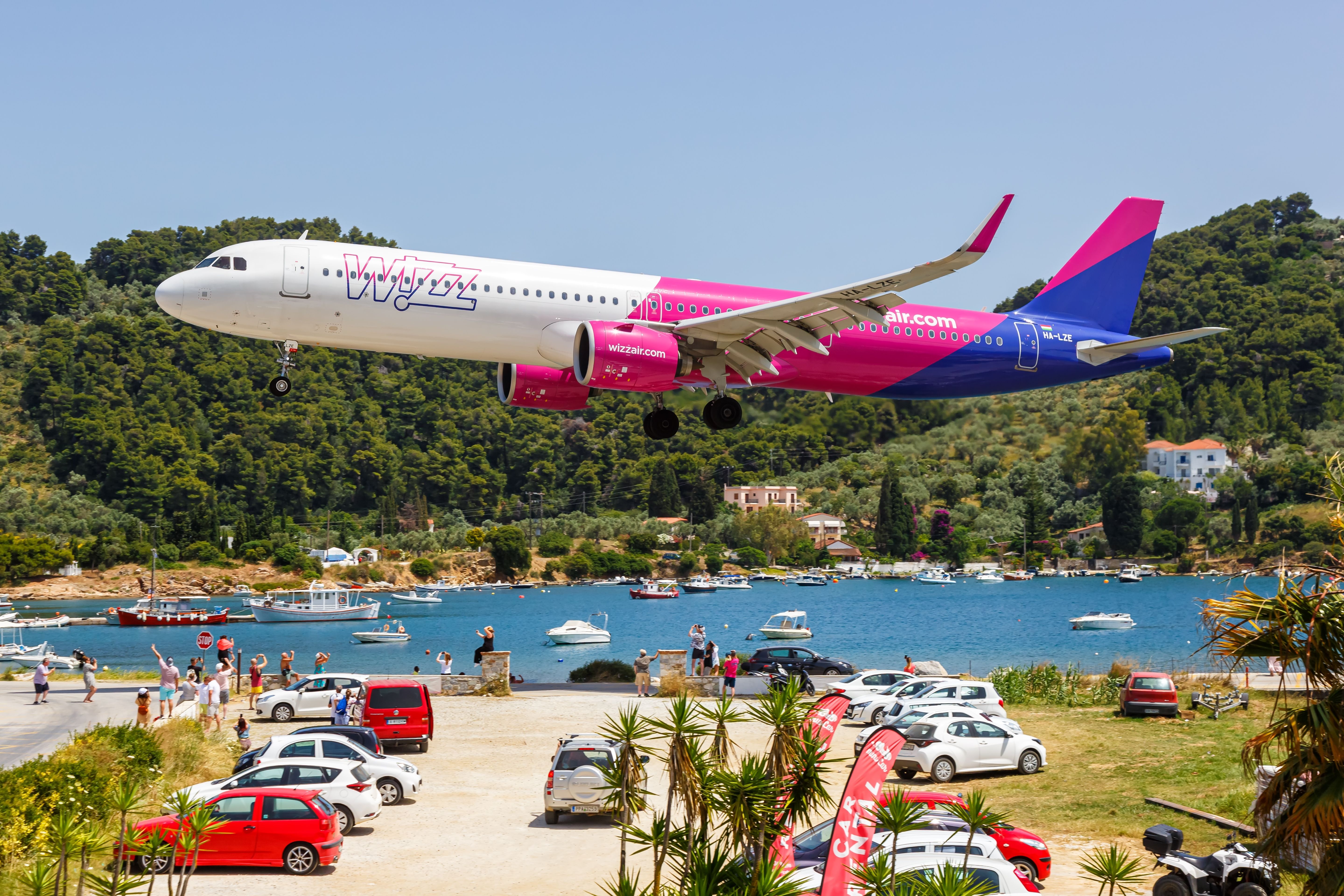
Related
Airbus Delivers 61 Jets And Books 57 Orders In April
With a target to deliver 800 aircraft in 2024, Airbus needs to keep increasing deliveries every month, and it has an enormous backlog to choose from.
Complex operating environment
Nevertheless, an Airbus spokesperson referred Reuters to the manufacturer’s Q1 2024 results when the plane maker reiterated its guidance that it would deliver 800 aircraft in 2024. In 2023, the Toulouse, France-based company delivered 735 aircraft. When the manufacturer announced its Q1 results, Guillaume Faury, the chief executive officer (CEO) of Airbus, stated that the company had managed to close out the quarter despite an operating environment that showed no signs of improvement.
Photo: Skycolors | Shutterstock
The CEO added that geopolitical and supply tensions continued during the quarter. Still, Faury said that despite the operating environment, the company had a solid order intake during the quarter, with strong momentum for widebody aircraft justifying Airbus’ decision to ramp up the production of the A350 to 12 per month by 2028.
“Our ramp up plans are continuing, supported by the investments in our production system while relying on our core pillars of safety, quality, integrity, compliance and security.”
Ch-aviation data showed that in May, Airbus has so far delivered 38 aircraft. However, the data might not be up-to-date and could change as the manufacturer publishes its monthly orders and deliveries update for the month of May in June, where the full extent of its monthly deliveries will be visible.
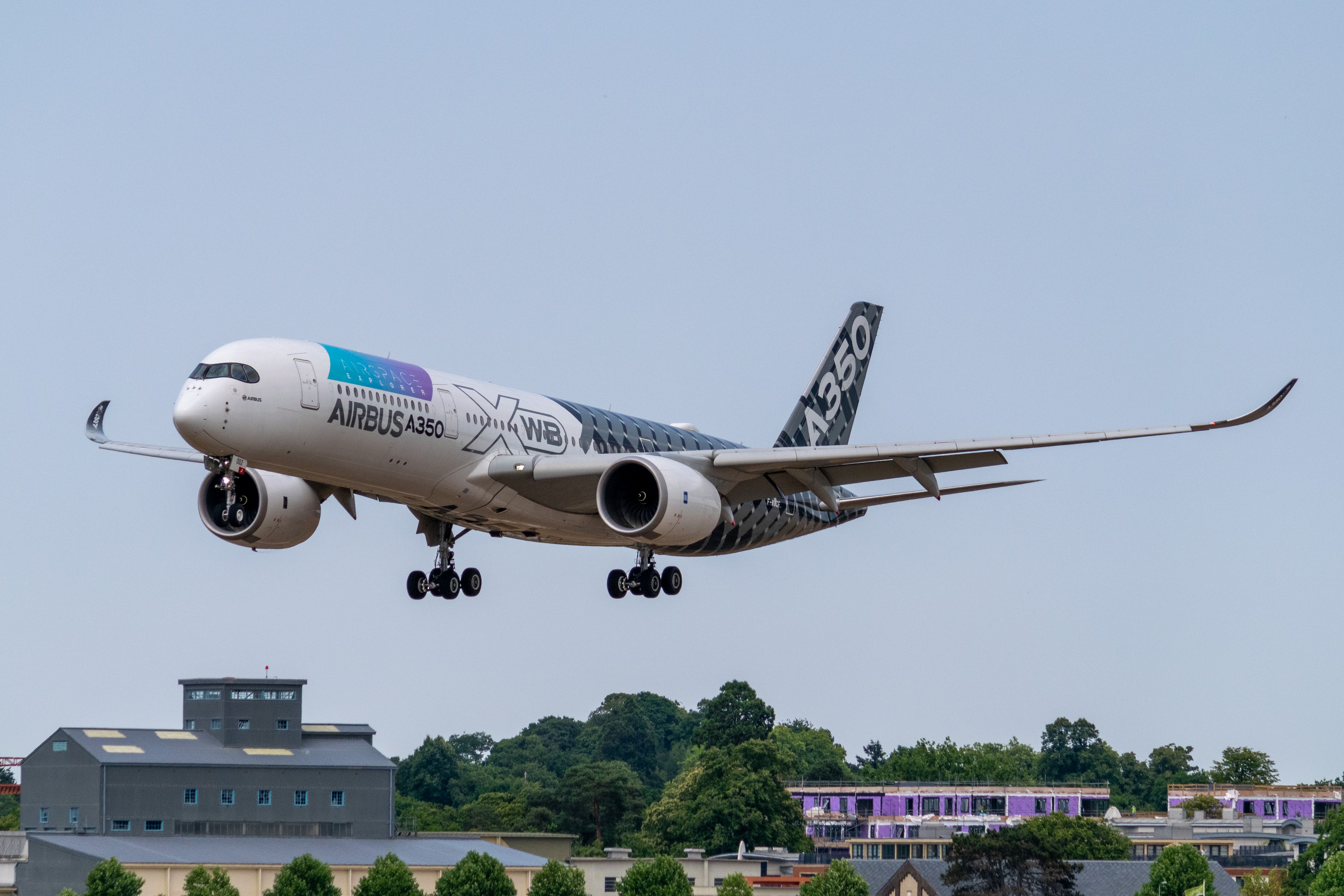
Related
Airbus Q1 Revenues And Profits Up As A350 Demand Ramps Up
Airbus is off to a profitable start in 2024 and is again looking to lift monthly production rates for the A320 family and the A350 widebody.
Missed opportunities
Previously, Airbus had indicated that it plans to build 14 A220, 75 A320neo family, four A330neo, and ten A350, which later increased to 12 A350 aircraft per month as its current backlog continues to underpin its decision to increase its production rates. As of April 31, its order book totaled 24,017 aircraft, while it had delivered 15,400 aircraft, resulting in a backlog of 8,617 jets, ranging from the A220-100 to the A350-1000.
Like Boeing’s, Airbus’s largest market is within the larger narrowbody segment, where Airbus produces the A319neo, A320neo, and A321neo aircraft. The manufacturer’s backlog for the trio numbers 45, 2,134, and 4,992, respectively. In comparison, the total Boeing 737 MAX family backlog, ranging from the 737 MAX 7 to the 737 MAX 10, totals 4,340 aircraft, with the largest portion belonging to the 737 MAX 8 and MAX 8-200, which combined have 3,123 unfilled orders as of April 31.
However, Boeing has struggled to deliver aircraft on time. The external supply chain factors have been exacerbated by the US-based company’s internal quality struggles, which have culminated in the Alaska Airlines Boeing 737 MAX 9 mid-air door plug blowout and the subsequent fallout.
Photo: Airbus
Airlines, which have been desperate for aircraft to respond to the still-strong travel demand, had to face mounting delivery delays from Boeing, including struggles to certify the 737 MAX 7 and 737 MAX 10. For example, United Airlines has sought out and secured leases for A321neo aircraft, replacing the 737 MAX 10s that it previously had in its backlog.
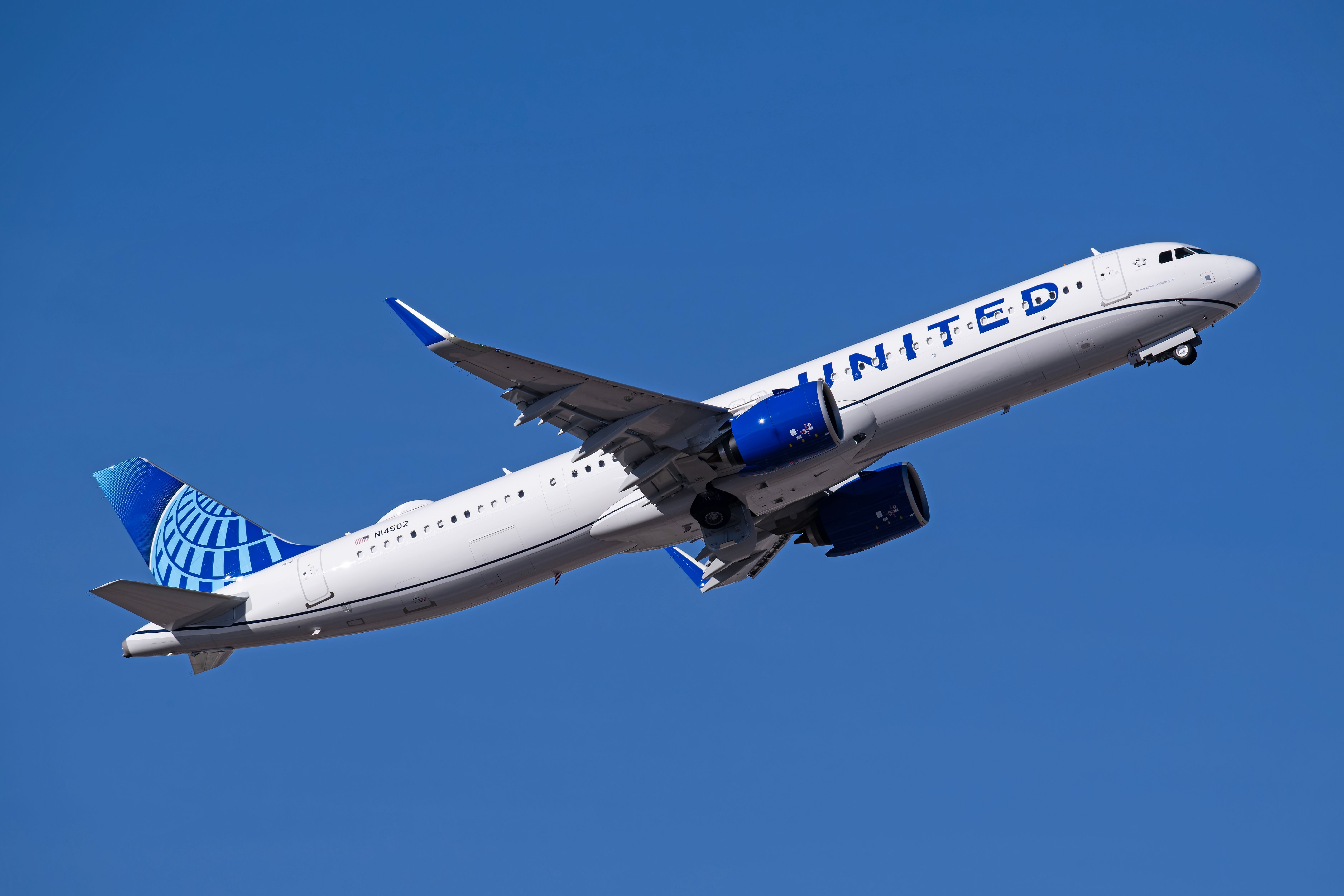
Related
United Airlines Is Close To Signing Lease Agreements For Airbus A321neos
The airline is reportedly looking to acquire these planes to compensate for no longer taking the Boeing 737 MAX 10.
Airbus’ massive backlog and production struggles have not allowed the company to jump on the opportunity to lure in loyal Boeing customers, especially in the narrowbody segment. At the same time, Faury said in March that Boeing’s troubles are bad for the industry as a whole, adding that both companies are working in a sector where quality and safety are a top priority.
Photo: Skycolors | Shutterstock
Meanwhile, during the company’s annual conference in February, Faury, answering a question from the press, expressed that airlines’ increasing interest in the A320neo family aircraft was not new, adding that the A320 family has had a market share in bookings higher than 50% for several years in a row.
According to the executive, all airlines worldwide are looking at both products within this segment, with a lot of interest across the board for the A320neo family. The family’s most recent orders include Saudi Arabia-based SAUDIA and its low-cost subsidiary, flyadeal, ordering 105 A320neo family aircraft, including 93 A321neos.
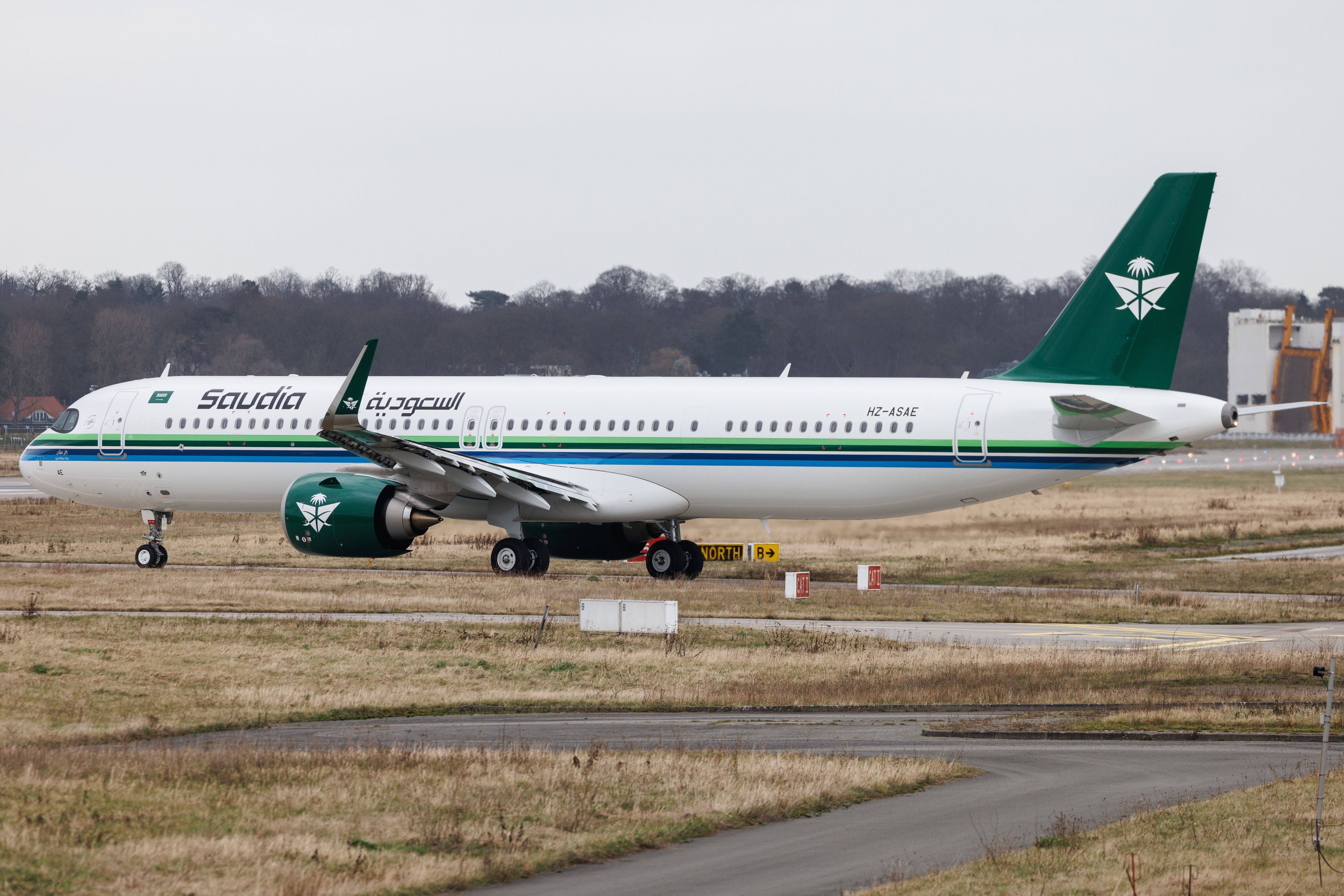
Related
Saudia Group Orders 105 Airbus A320neo-Family Planes To Support Expansion
The airline group marks the biggest aircraft order in its history.

